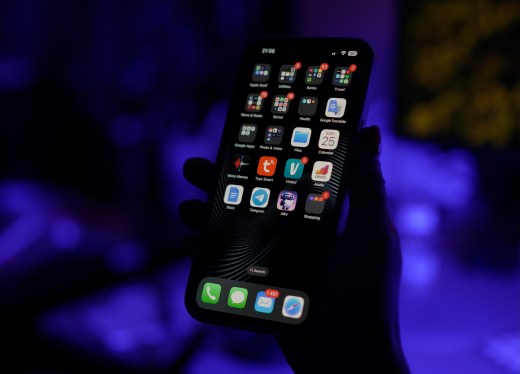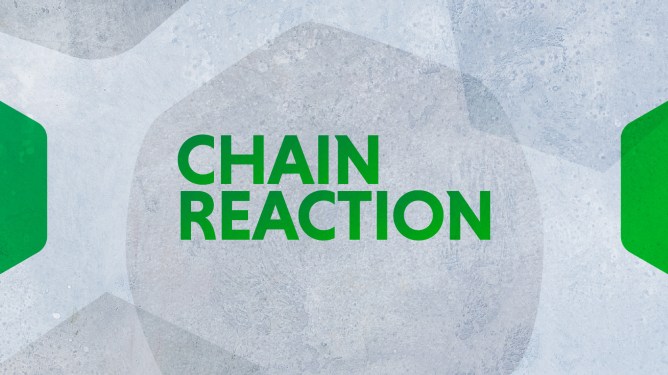RCS stands for Rich Communication Services, a hypercharged version of SMS that includes features like typing indicators, delivery and read receipts. The company has been actively pushing manufacturers and carriers to adopt this standard as an alternative to the traditional SMS messaging.
Introduction
Google has announced its testing of end-to-end encryption (E2EE) for RCS-based group chats on its Messages app. This development follows a tweet by a Reddit user who first noted that Google was experimenting with E2EE for group chats in October 2023, making it an official feature.
Background
The company initially began testing E2EE for individual RCS chats in 2020. In June of the same year, Google rolled out this feature to all users on its Messages app. Since then, Google has been pushing manufacturers and carriers to adopt RCS as a replacement for SMS, especially for messaging between Android and iPhone users.
Impact on Competitors
Apple has not yet embraced RCS, which has left iPhone users relying on SMS for communication with Android users. This dependency has forced messaging apps like Google’s Messages and Apple’s Messages (which still uses SMS) to maintain compatibility in a way that keeps users tied to the past.
Google’s Move
With its announcement of E2EE support for RCS-based group chats, Google aims to bridge the gap between its Android-based ecosystem and Apple’s iOS platform. By encouraging RCS adoption, Google hopes to create a unified messaging experience across devices, eliminating the need for users to switch platforms when sending messages.
Reaction from Apple
Apple has not yet commented on Google’s move, but iMessage‘s decline in usage over the past few years suggests that it is unlikely to change its stance. However, Google’s efforts with RCS indicate a strategic push to differentiate itself from Apple and provide a more seamless cross-platform messaging experience.
Features and Innovations
Google has also introduced several features to enhance the RCS experience on Messages app, including reaction support for iPhone texts. These additions aim to make the RCS-based messaging service as user-friendly as possible across both Android and iOS platforms.
Conclusion
As Google continues its push for RCS adoption, it remains to be seen how Apple will respond. If Apple decides to adopt RCS, it could lead to a significant shift in the mobile messaging landscape, with users no longer being forced to switch platforms when sending messages. However, if Apple continues to resist, Google’s efforts could help legitimize RCS as a viable alternative to SMS.



